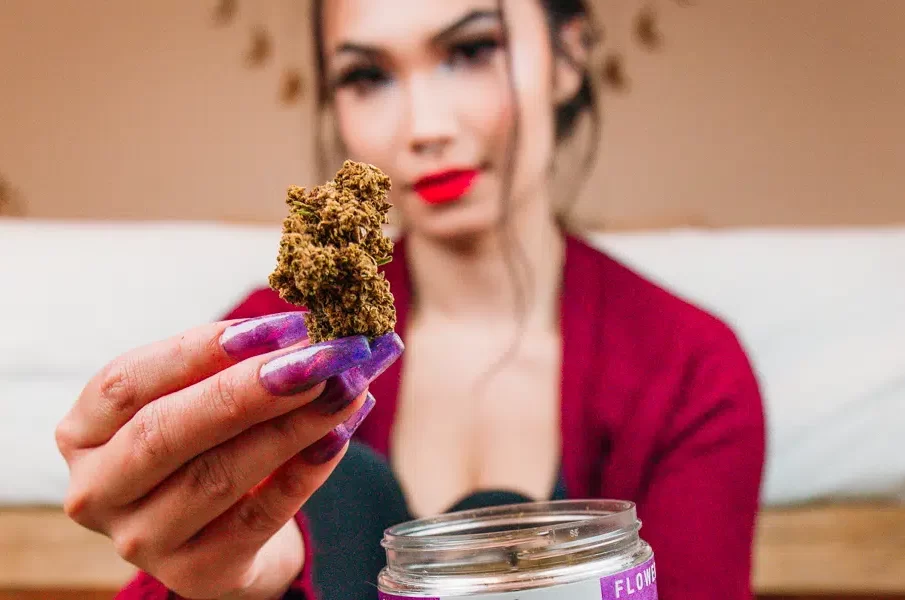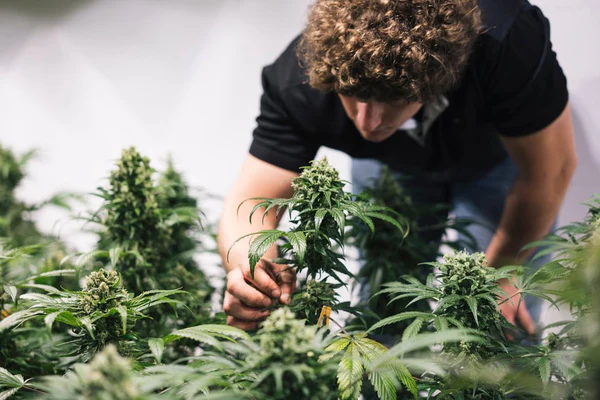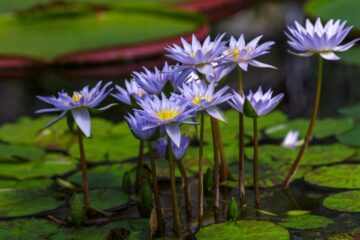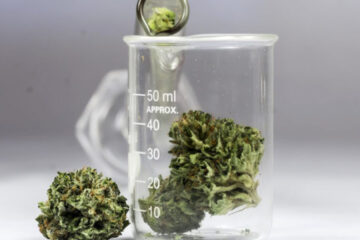
The potency of THCA flower depends on various factors that affect its overall strength and quality. The genetic makeup of cannabis plants plays a crucial role in determining THCA content. Different strains have different potential for producing THCA. Some strains naturally develop higher levels of THCA due to their genetic programming. Modern cultivation techniques have helped improve the quality and consistency of thca flower production for scientific research. Breeders spend years selecting and crossing plants to create strains with enhanced THCA production abilities.
Growing environment
Temperature has a big impact on THCA development. Cannabis plants grow best between 70-85°F (21-29°C). Too much heat can decrease THCA production. Light exposure also matters greatly. Plants need the right amount of light during their growth cycle. Good airflow and humidity control help prevent mould and support healthy THCA development.
Soil and nutrients
The quality of soil directly affects how well plants produce THCA. Rich, well-draining soil with the right pH level (6.0-7.0) supports better THCA development. Plants need proper amounts of nitrogen, phosphorus, and potassium. They also require trace minerals like calcium and magnesium. Organic growing methods often lead to better THCA production.
Harvest timing

When growers harvest the flowers makes a big difference in THCA levels. Harvesting too early means the flowers haven’t reached their peak THCA content. Waiting too long can cause THCA to start breaking down. Checking trichome colour helps determine the best harvest time.
Drying and curing process
How flowers are dried and cured affects their final THCA content. When dried slowly in a dark, temperature-controlled environment, THCA is more likely to be preserved. Quick drying can degrade THCA levels. The curing process lets flowers develop fully while maintaining their THCA. Good air circulation during drying prevents mould growth.
Growing expertise
The skill and experience of growers impact THCA development. Understanding plant signals helps catch problems early. Knowing when to adjust growing conditions makes a difference. Expert growers often achieve higher THCA levels through careful monitoring and management.
Testing and quality control
Regular Testing helps track THCA levels throughout growth. This lets growers adjust conditions to improve potency. Testing also ensures consistent quality. Different testing methods may show slightly different results. Multiple tests give a better picture of true THCA content.
Environmental stress factors
Plant stress can affect THCA production. Too much water or too little can lower THCA levels. Pest problems may reduce overall plant health and THCA. Strong winds or physical damage can stress plants. Managing these factors helps maintain good THCA levels.
Processing methods
How flowers are handled after harvest matters. Rough handling can knock off trichomes containing THCA. Gentle trimming helps preserve trichomes. Some processing methods may affect THCA content more than others. Clean equipment and careful handling support better THCA preservation.
Future considerations
New growing techniques keep developing. Research shows more ways to improve THCA production. A better understanding of plant biology helps growers. Advanced testing methods give more accurate results. These developments may lead to higher THCA levels in the future.
Health and safety notes
Growing conditions affect more than just THCA levels. Clean growing practices matter for safety. Testing helps catch any contamination. Good practices support both potency and safety. Proper handling reduces risks of contamination.
The strength of THCA flowers depends on many connected factors. Understanding these elements helps create better products. Care at each step of growing and processing matters. Paying attention to these details leads to better results. Ongoing research continues to improve our understanding of THCA development in cannabis flowers.
What are blue lotus gummies and their benefits?
March 24, 2025Role of shockwave therapy in treating relationship-related ED
February 27, 2025Tips for Consuming Delta-8 Gummies for Gamers
January 27, 2025
Comments are closed.






